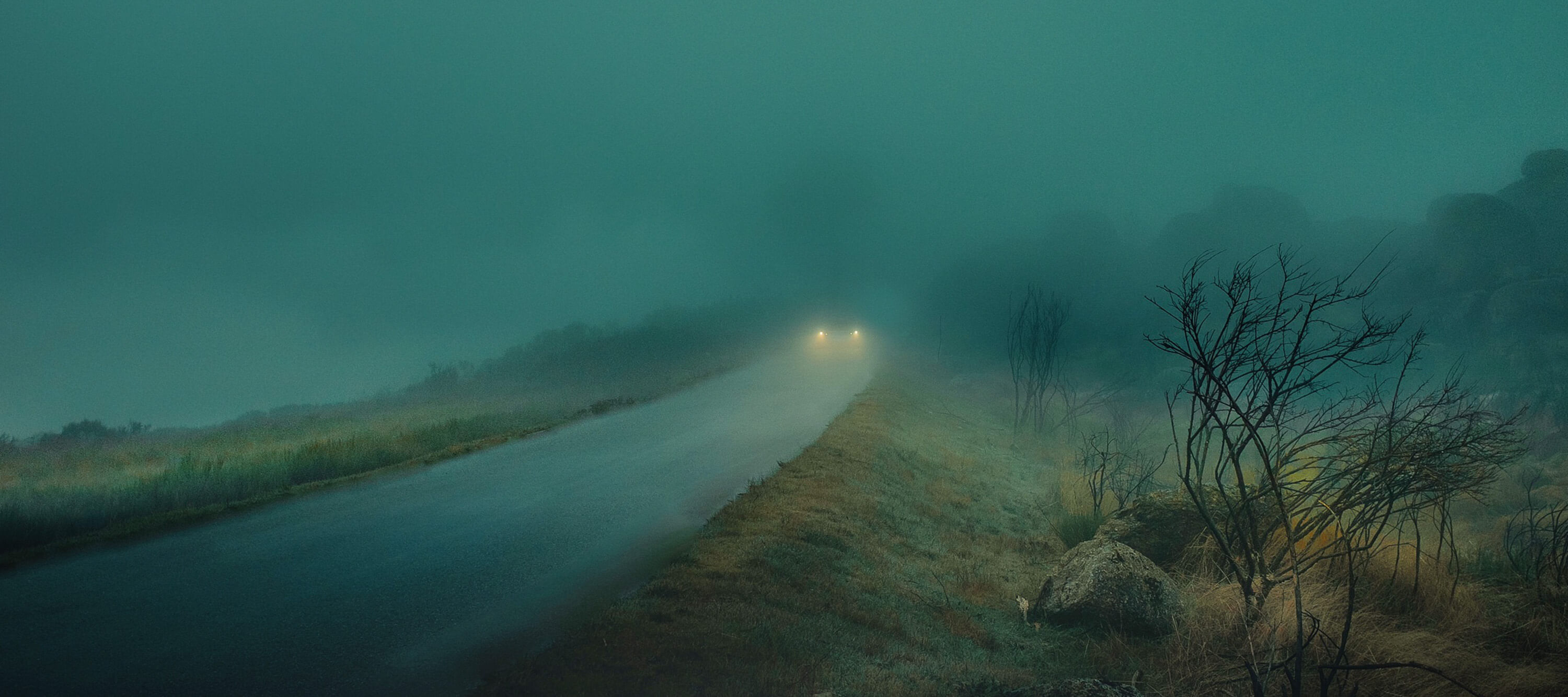
MPB Meets: Cinematic Photographer Henri Prestes
Published 7 August 2019 by MPB
How do you describe cinematic photography? Is it as simple as strong lighting aesthetic and perfect composition to a given scene? A specific mood attached to the right photographic components? Whichever way you choose to look at it, Henri Prestes’ beautiful work ticks all the boxes, mixing beautiful visuals and a strong sense of mood and feeling. In this interview with MPB, Henri Prestes speaks about dealing with time, the similarities between photography and cinematography and being drawn to the shadows.
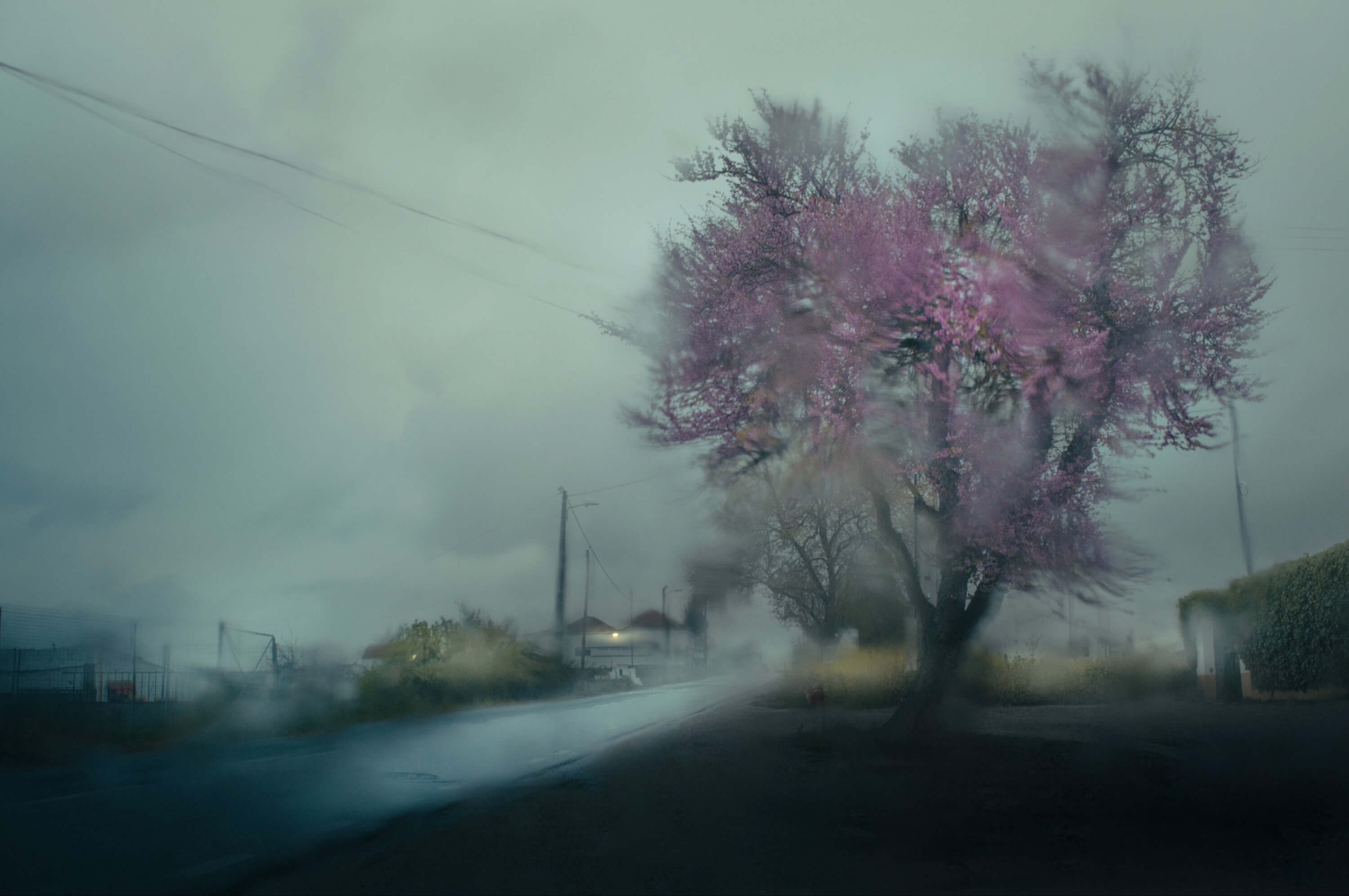
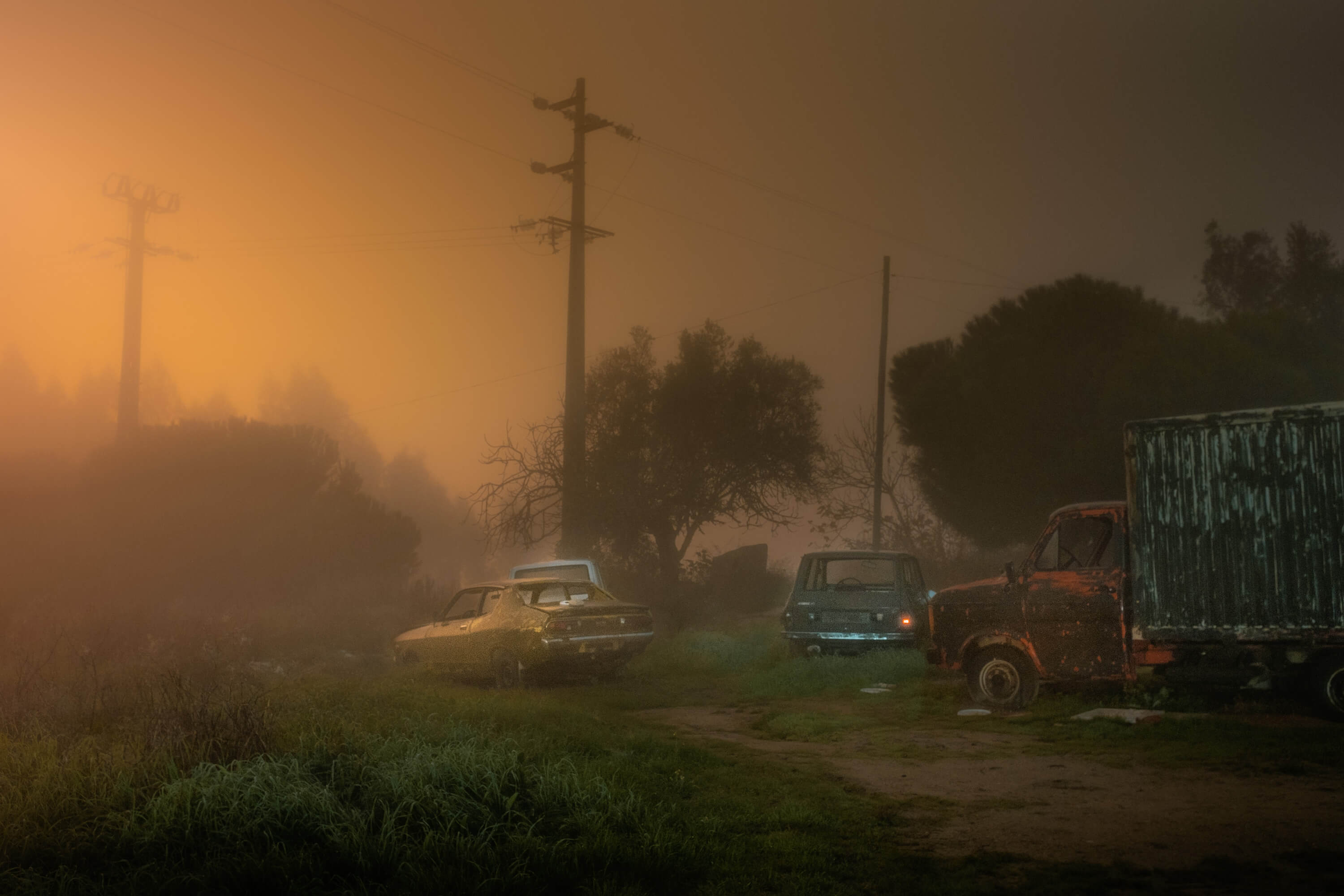
“I completely fell in love with photography”
MPB: Looking at your work, it's easy to see that you’re a cinematographer - your work always seems to be led by light and mood. What made you pick up a stills camera?
HP: The main reason at the time was to practice using a camera every single day, more specifically to try to improve on my composition skills and visual awareness while I wasn’t shooting video. But it turned out into something greater and I completely fell in love with photography.
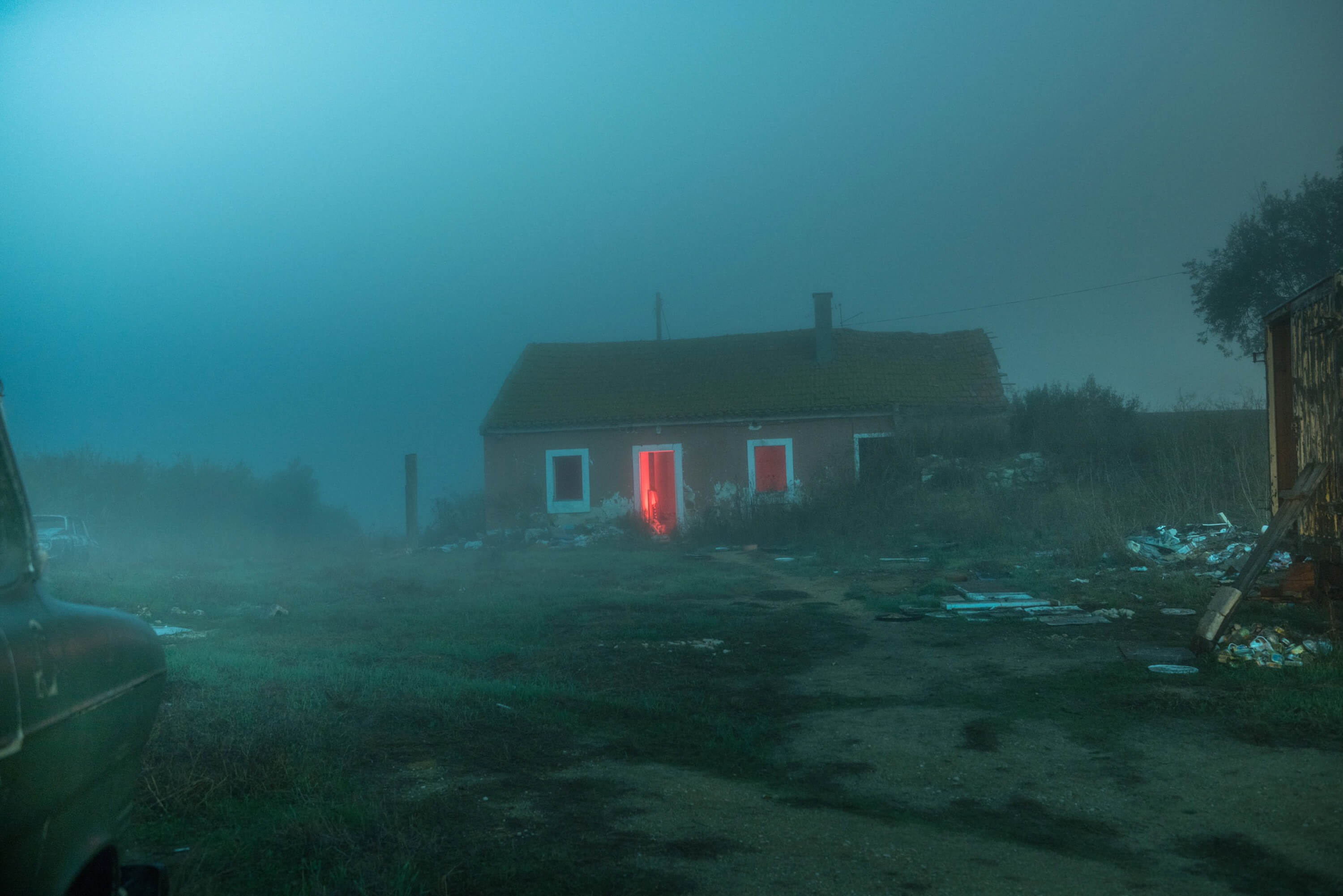
“The surrounding light and colour present in diverse environments”
MPB: What is a good way of training your eye for cinematography?
HP: I’ve learned quite a bit since I started using a stills camera. One thing that it really helped me improve was the ability to make decisions on the spot, in terms of choosing the right compositions. It also allowed me to become more conscious of the surrounding light and colour present in diverse environments.
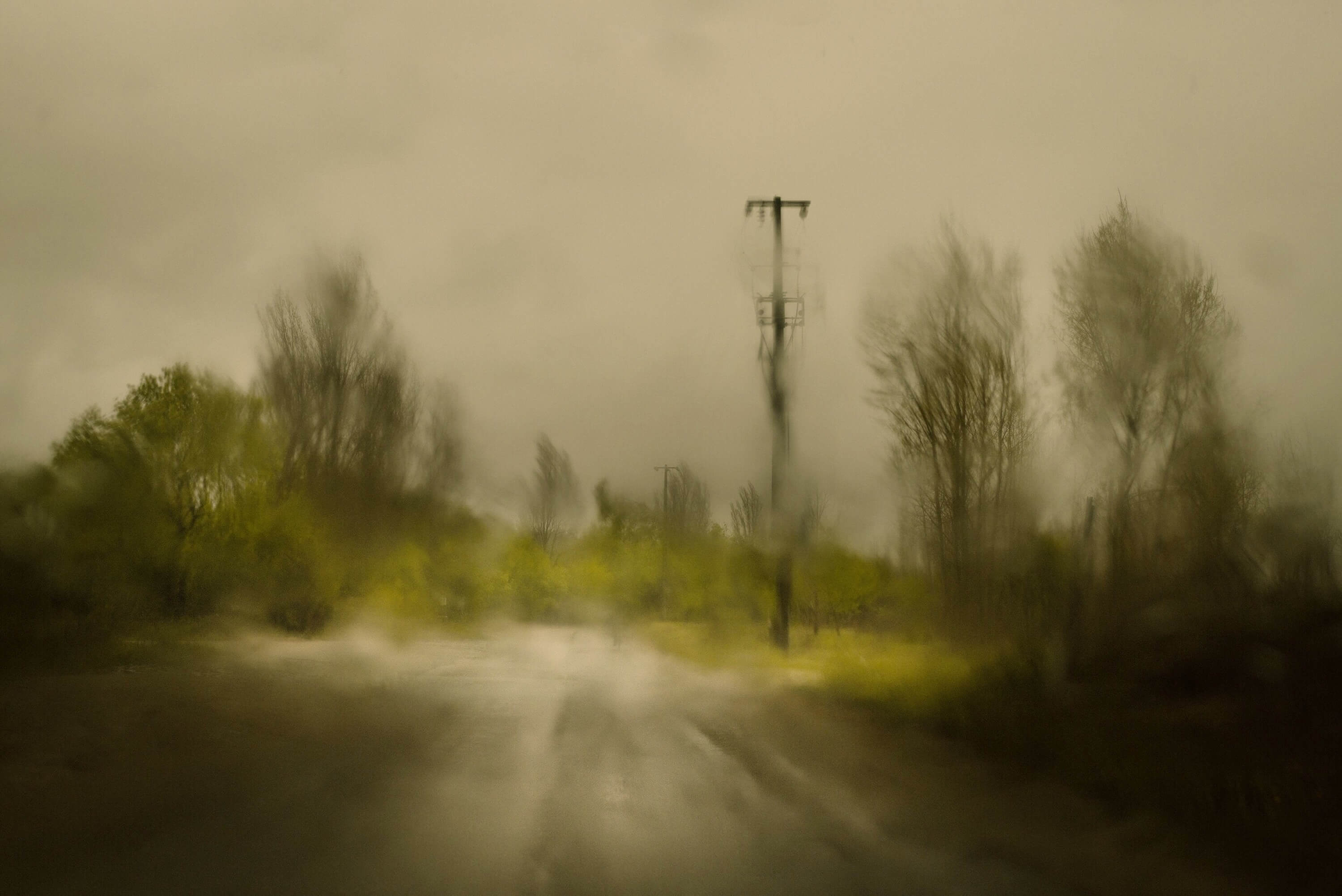
“I try to only go out in certain weather conditions”
MPB: You feature fog and mist in many of your images - finding these atmospheric conditions must take loads of time. How do you fit this into your schedule?
HP: In the beginning, I was eager to shoot every time I had some free time. But after discovering my love for night photography, specifically with longer exposures, I try to only go out in certain weather conditions, like fog or rain. I feel that by having these self-imposed restrictions really allows me to push myself creatively. It eliminates a lot of the pressure from the feeling that I have to be constantly taking pictures.
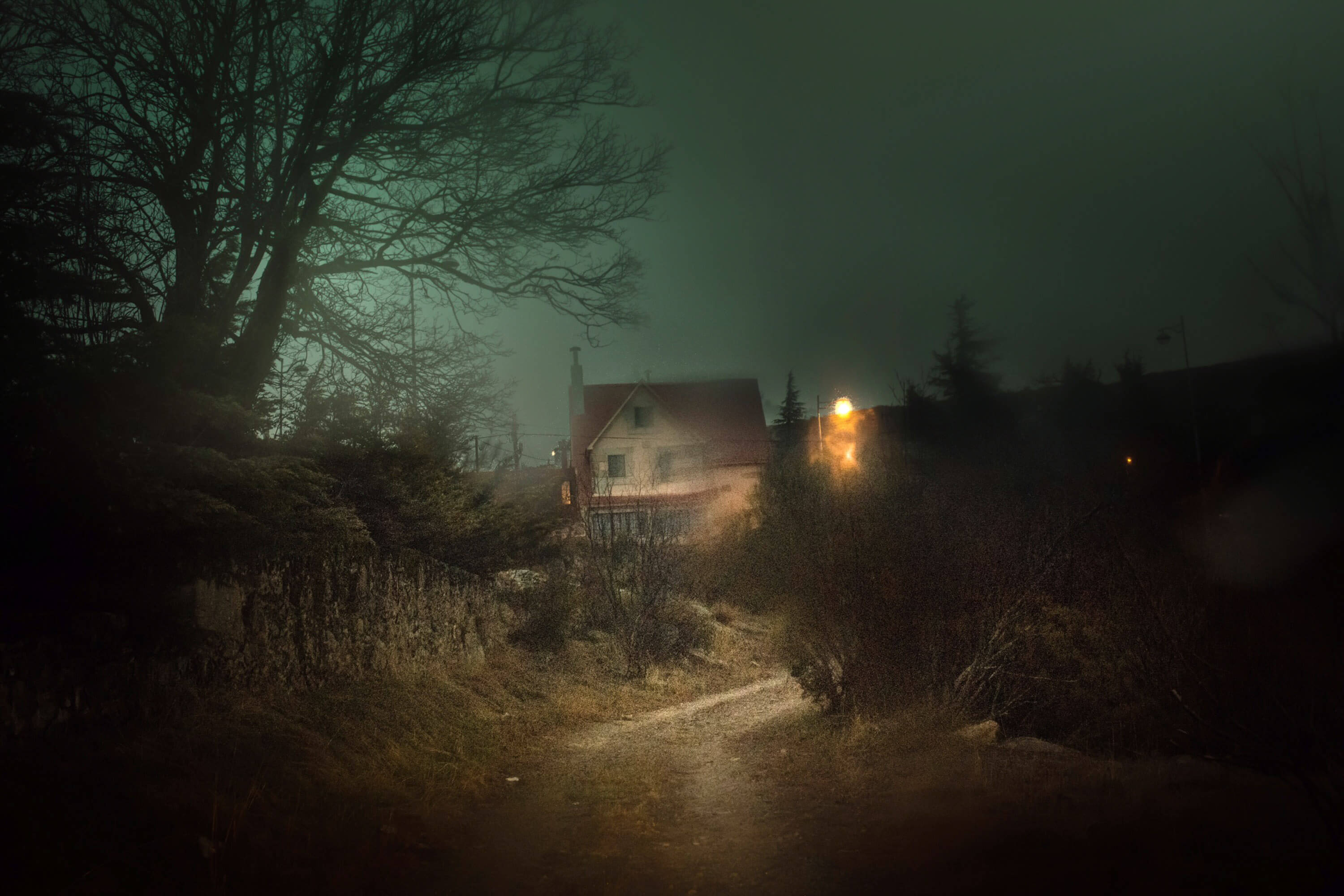
“I was always attracted to artists whose work dealt with some kind of darkness”
MPB: Your images are filled with mystery. Why are you drawn to darkness and shadows for your work?
HP: Well, even when I wasn’t creating images, I was always attracted to artists whose work dealt with some kind of darkness, whether it was external or internal. I always wanted to create stories that evoked that. Like the uneasy feeling I’ve felt when I saw Gregory Crewdson’s images for the first time, or the eerie feeling when I read Cormac McCarthy novels or watch David Fincher films. With my photographs, I wanted to give it a go in creating these darker narrative moments, hopefully making the viewers feel something that resonated with them.
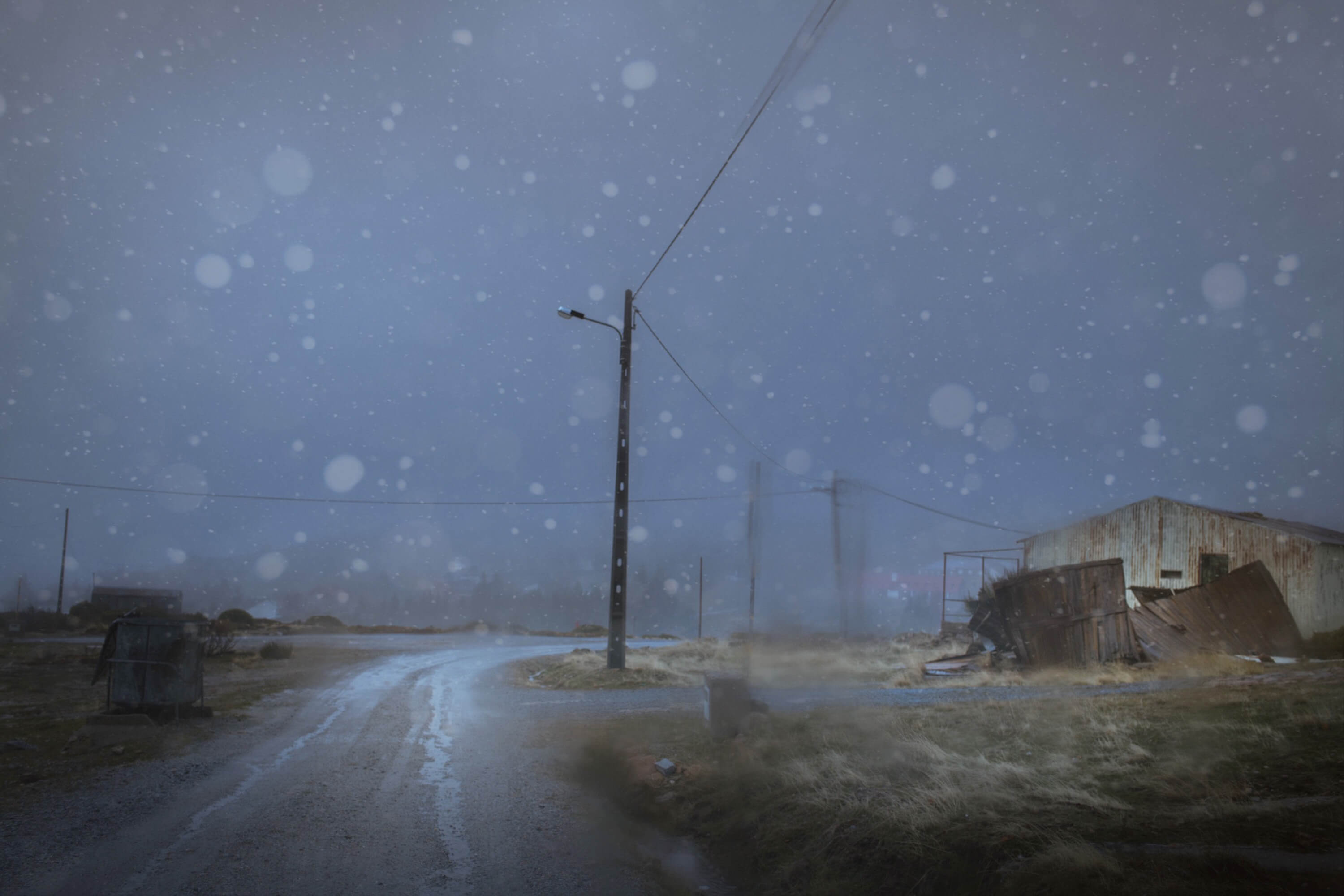
“I don’t question myself about whether the image will work or not until later“
MPB: Unlike many photographers with a large following, you don’t have a huge amount of images ‘out there’. Are you extremely selective about when to shoot or what to post?
HP: Honestly, I shoot a lot, but I have trouble deciding what to show. Since I started photography three years ago, I’ve probably taken around 15k images - but only a hundred or so ‘made the cut’. I’ve read a quote by one of my favourite photographers, Todd Hido, who says: “I photograph like a documentarian and edit like a painter.” That quote really resonated with me, and it’s something that allows me to avoid overthinking too much.
While I’m out there, I just keep shooting everything that I find mildly interesting, whether is some kind of blurry light in the distance, a car passing by at night, or some wild animal roaming in the dark. I don’t question myself about whether the image will work or not until later when I’m sitting on the computer editing.
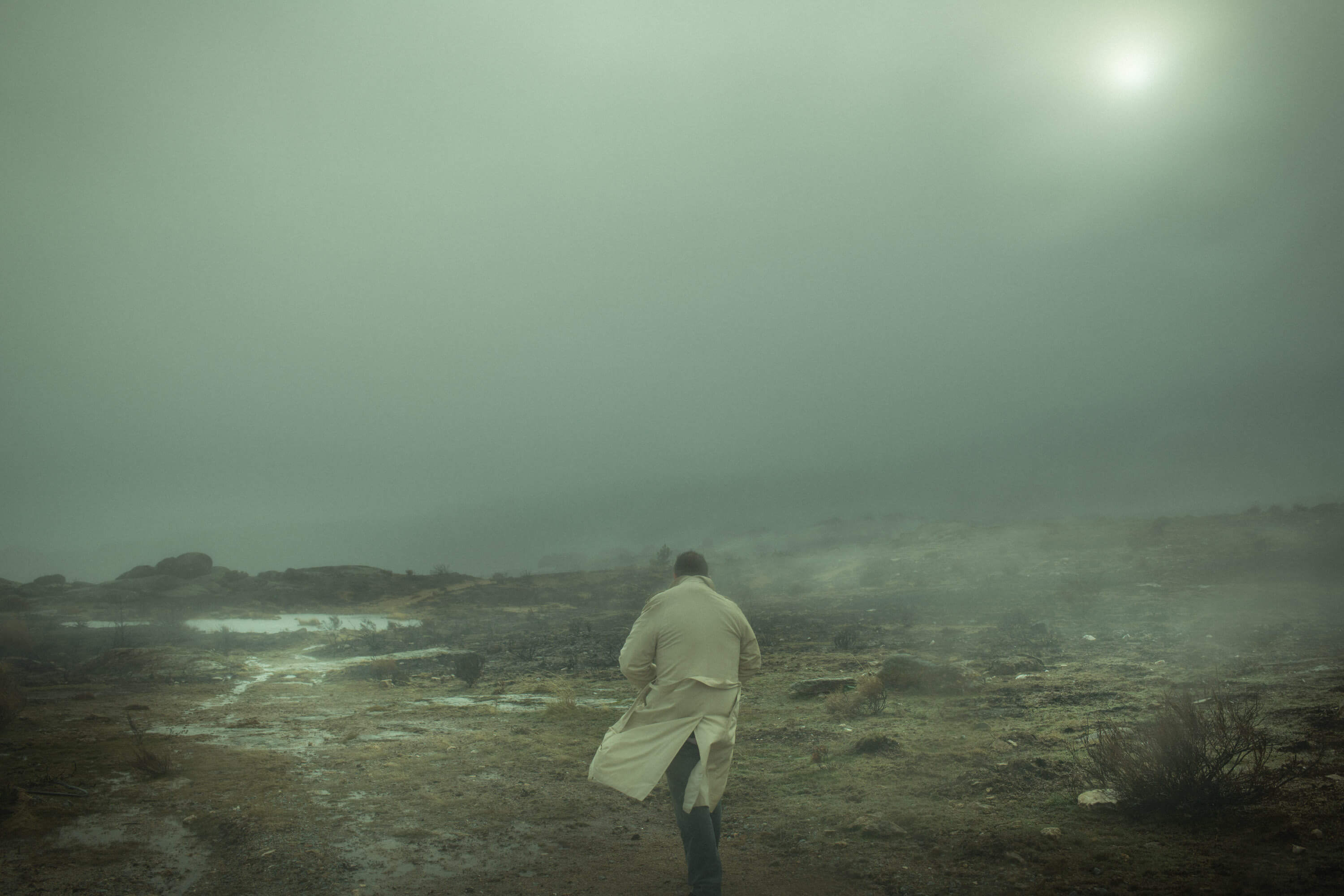
“We can tell stories with a single still frame”
MPB: Cinematography is all about associating the ‘correct’ image, movement, lighting, framing and perspective to a specific narrative. Do you find photography to be more freeing in that you don’t have to worry about some of these?
HP: Absolutely! Not having to depend on so many variables is one of the main reasons I love photography so much. We can tell stories with a single still frame, and we just need a camera and our own motivation to explore. Roaming around in isolated places with only a lantern and a camera is such a liberating feeling. I don’t think I’ll ever stop finding it enjoyable.
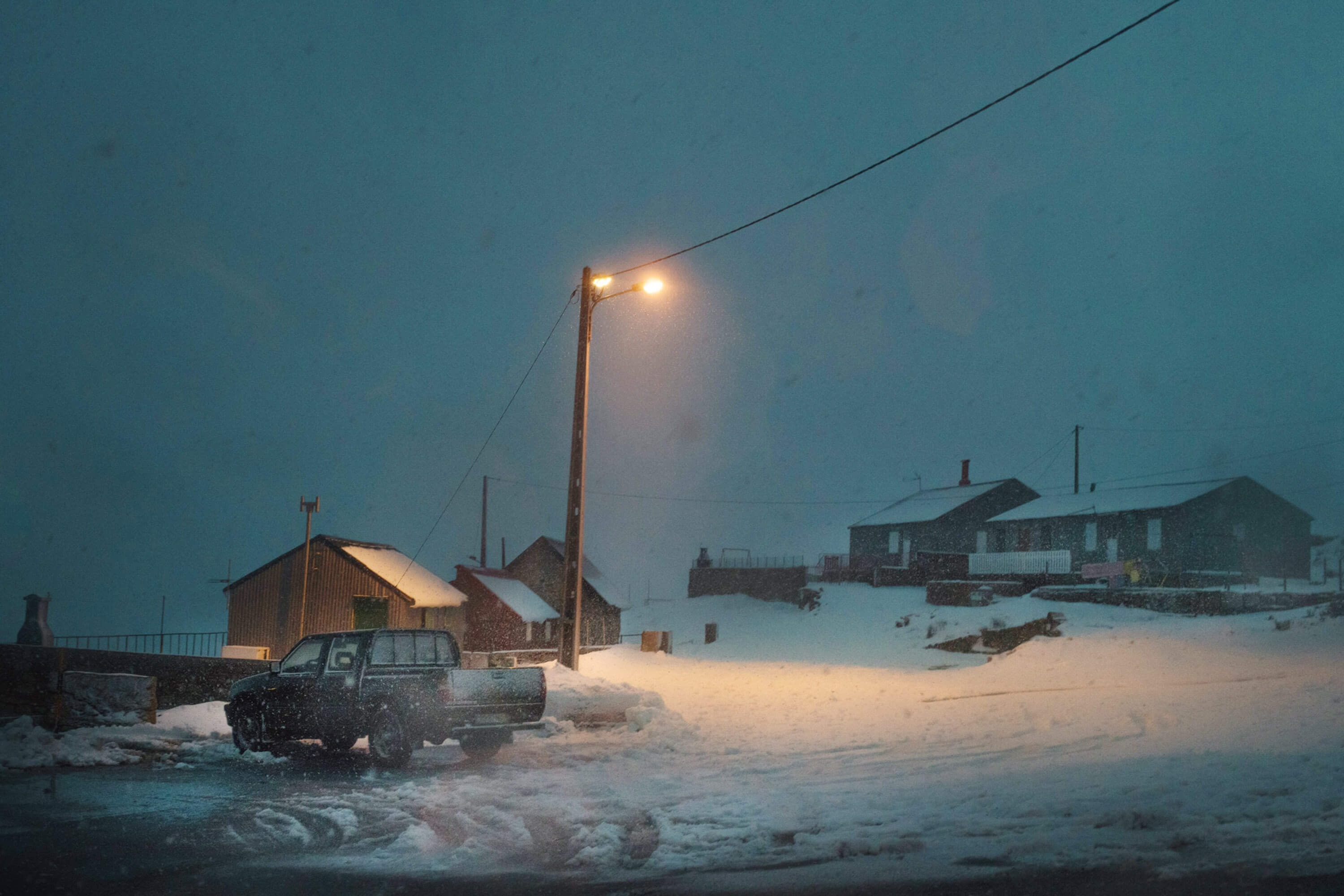
“A reliable weatherproof system is something I value”
MPB: How important is equipment? Did you choose yours after a lot of testing, or are you happy using almost anything?
HP: Since I mainly shoot during harsh weather conditions, a reliable weatherproof system is something I value. And also, portability. I usually walk around for several hours while shooting, so I can’t be carrying too much weight. I went through a few cameras before I landed on my current one — a Nikon D850. (See MPB's Nikon D850 review.) I certainly enjoy experimenting with new lenses, but I always end up getting back to my main 35mm f/2 lens that I use for everything.
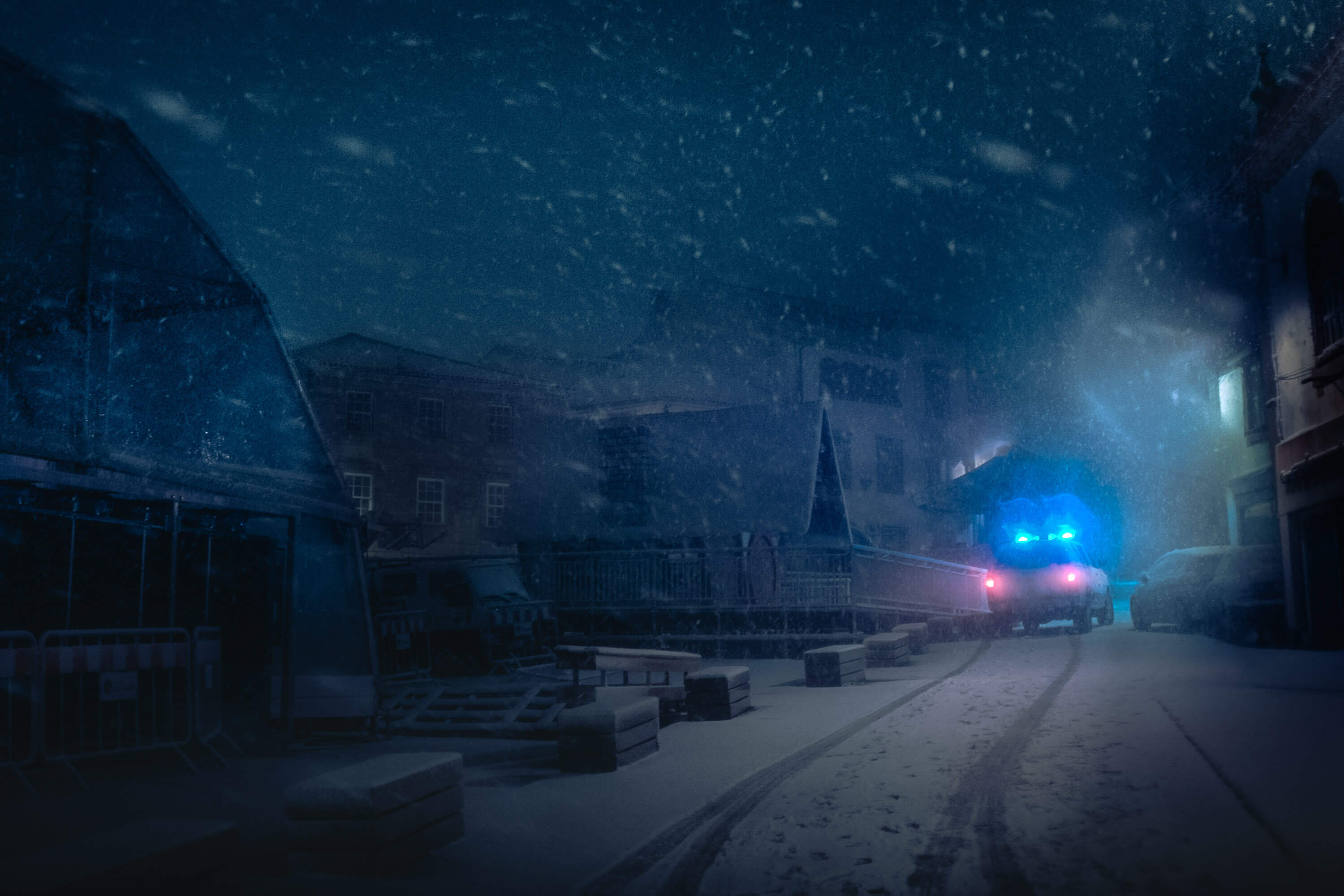
“I can’t get enough of that feeling of watching a new image come alive on paper.”
MPB: You recently had an exhibition at the Printspace in London. How important was it to see your work printed and framed?
HP: Seeing my images ‘out in the world’ for the first time was incredibly special. Since then, I’ve been printing a lot and I can’t get enough of that feeling of watching a new image come alive on paper. I think everyone who takes images, even those who photograph casually, should try it. Compared to seeing them on backlit screens, it really is a completely different feeling.
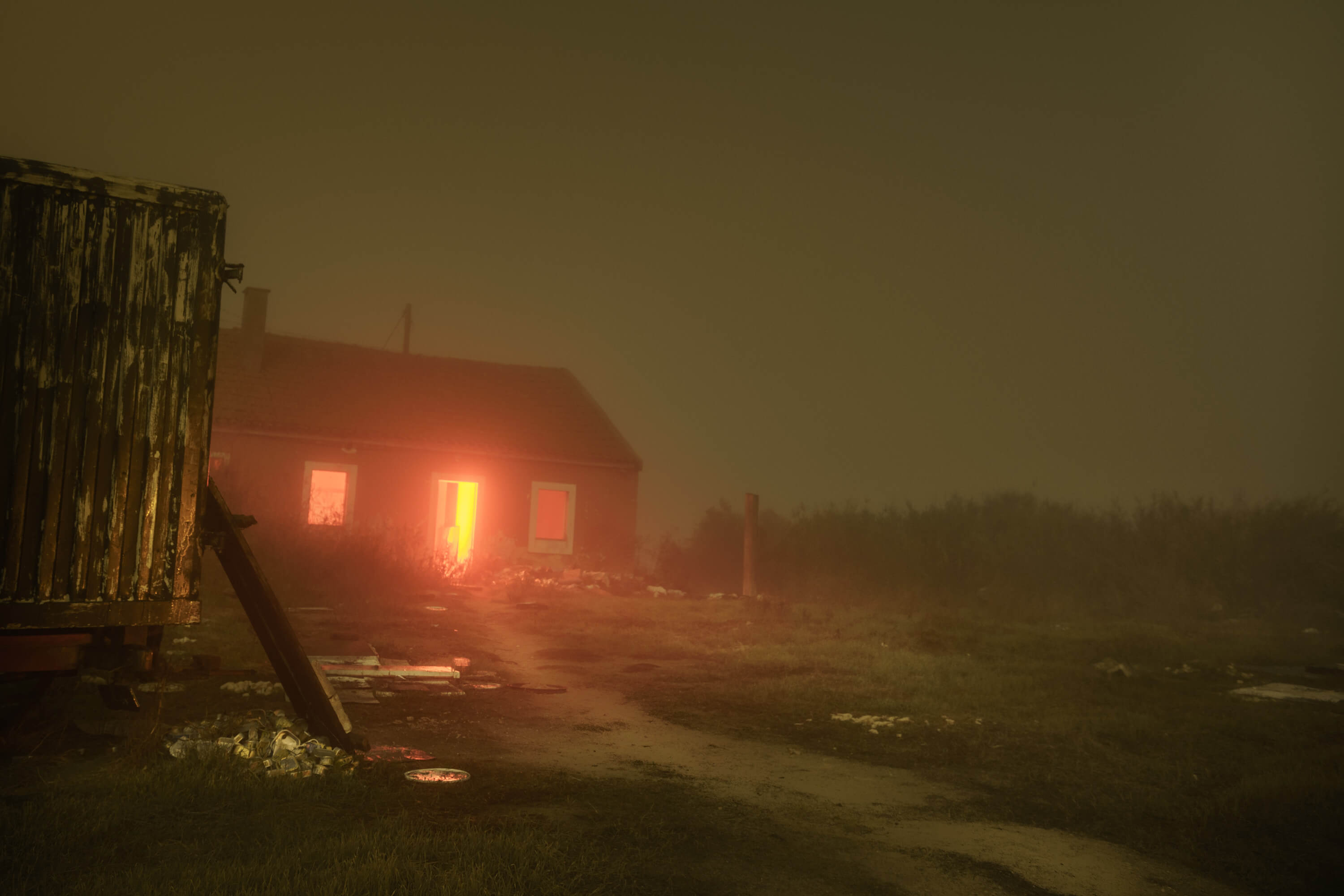
MPB: What’s next for you? Would you ever fully transition to full-time photography?
HP: I certainly want to pursue more with photography. I’m currently really passionate about publishing a photography book with some of my nightwork from these past three years. Hopefully, if it turns out well, I’ll be able to work on some more photography projects in the near future.
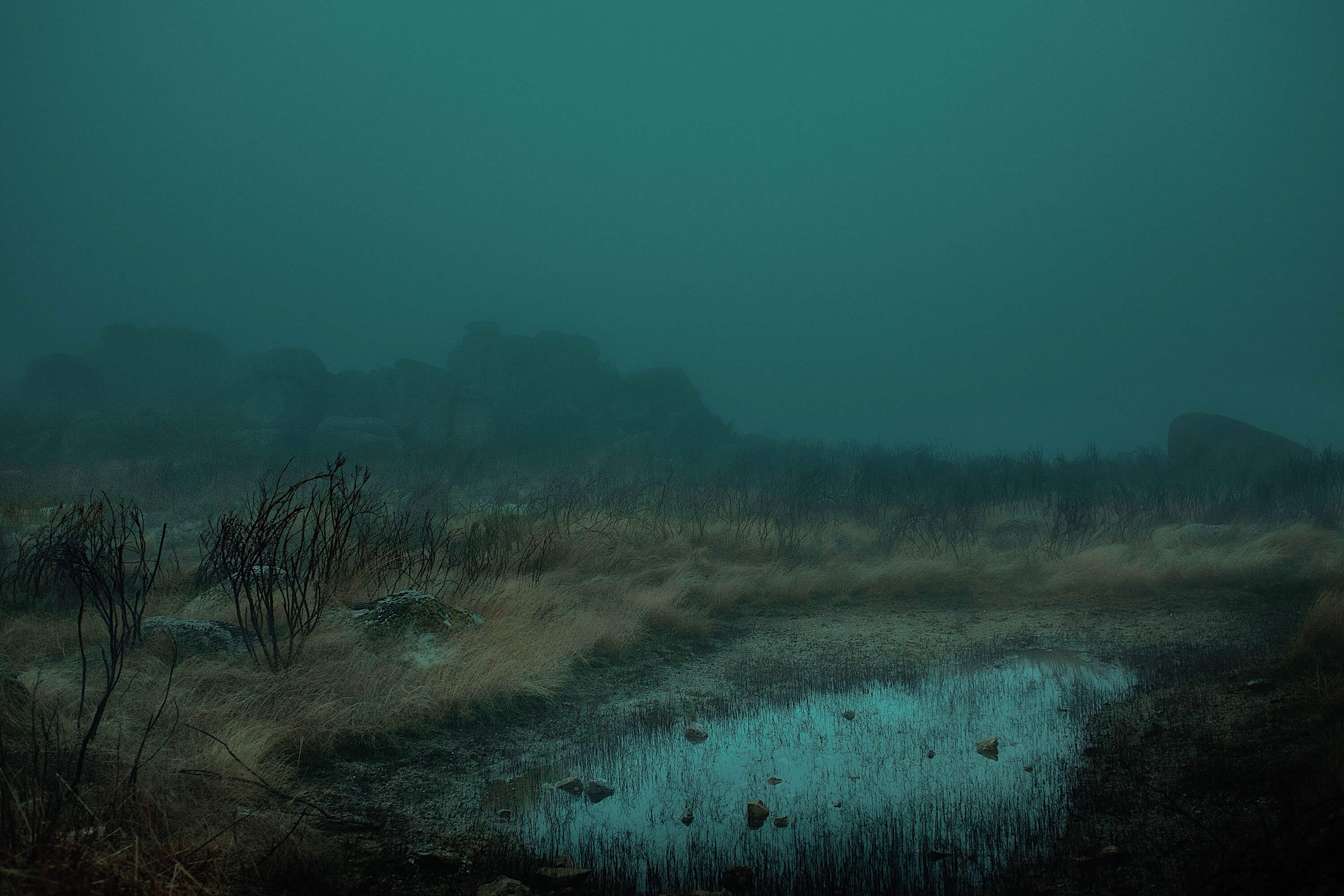
For more tips and techniques, expert interviews and camera gear guides, check out the MPB content hub.
You can sell or trade your camera kit to MPB. Get a free instant quote, get free insured shipping to MPB and get paid within days.